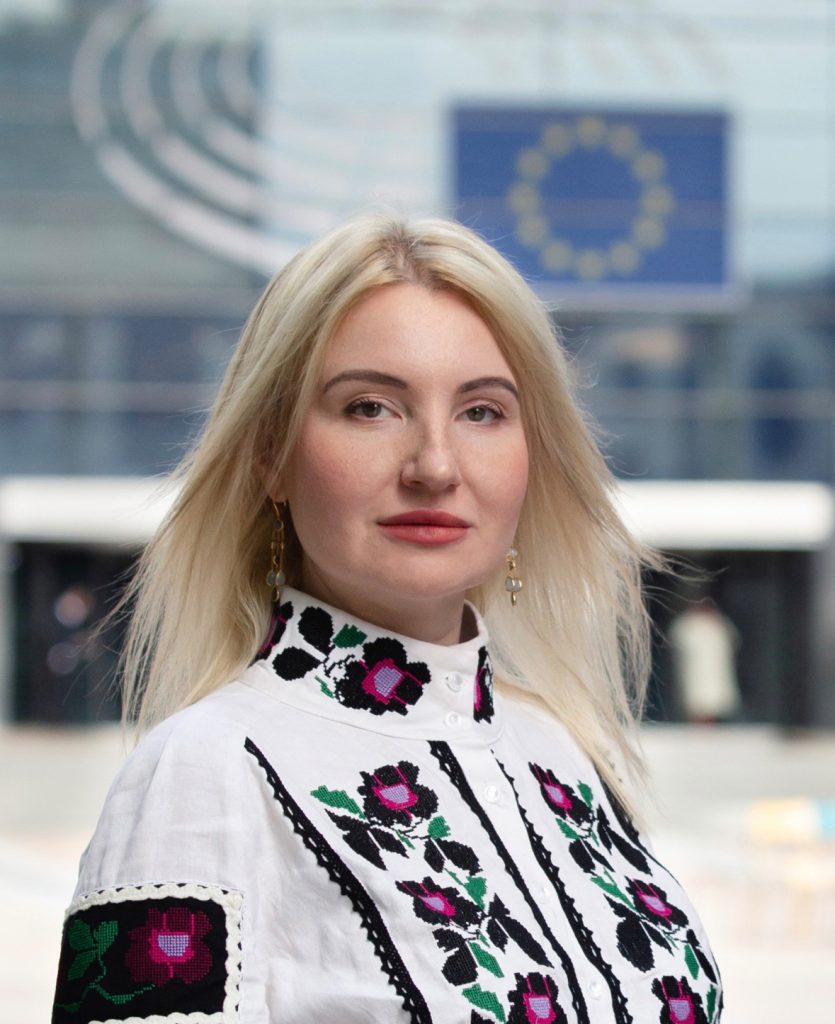
Since the start of Russia’s full-scale invasion of Ukraine in 2022, millions of Ukrainians have sought refuge across Europe, benefiting from the EU’s Temporary Protection Directive. This unprecedented migration has presented both opportunities and challenges for the protection of human rights in the host countries. While European nations have made significant efforts to accommodate and support displaced Ukrainians, several critical issues persist.
Access to Basic Services
The EU’s Temporary Protection Directive, activated in response to the influx of Ukrainian refugees, has provided immediate access to housing, healthcare, and education. Despite widespread efforts, many Ukrainian refugees face difficulties accessing suitable housing, healthcare, and employment in EU Member States. The European Union Agency for Fundamental Rights (FRA) highlights concerns about sexual exploitation, human trafficking, labor exploitation, and xenophobic attacks. Vulnerable groups such as women and children, particularly those in precarious living conditions, are often the most affected.
Education for Ukrainian Children
Education for displaced Ukrainian children remains a pressing issue. While some countries have integrated these children into their school systems, many still rely on remote education from Ukraine, grappling with language barriers and substandard living conditions. The 2023 FRA report emphasizes that these educational gaps risk hindering the long-term integration of young Ukrainians.
Employment Barriers
Ukrainians with temporary protection face significant obstacles in the labor market, including recognition of qualifications, discrimination, and exploitation. This is compounded by challenges in accessing adequate social services, particularly for persons with disabilities. These barriers not only prevent economic self-sufficiency but also exacerbate social exclusion.
Gender-Based Violence
Incidents of sexual and gender-based violence against Ukrainian refugees have been reported, particularly affecting women and children. Many refugees continue to live in temporary accommodations, where safety and privacy are often compromised. The UNHCR and Human Rights Watch have called for more robust protections against these abuses.
The EU Fundamental Rights Agency (FRA) and European Commission report that issues such as sexual and labor exploitation, discrimination, and xenophobia persist across Europe. Refugees, particularly women and children, are vulnerable to trafficking and gender-based violence, and many struggle with inadequate housing and job opportunities.
Policy Responses and Recommendations
European countries have taken proactive steps to address these challenges. The European Commission’s Ukraine Report 2023 recognizes Ukraine’s progress in civil society engagement, anti-bullying legislation, and gender equality measures. However, it also underscores the need for continued reforms, particularly in deinstitutionalizing care for children and improving conditions for persons with disabilities.
Looking forward, it is critical that host countries:
- Enhance labor market access by simplifying the recognition of Ukrainian qualifications.
- Prioritize inclusive education, especially for displaced children and those with disabilities.
- Increase funding for safe housing and anti-exploitation measures.
- Strengthen monitoring and enforcement mechanisms to combat discrimination and hate speech against Ukrainian refugees.
Afterwords
The state of human rights for Ukrainians in Europe has seen significant progress but remains fraught with challenges. While the EU and individual member states have implemented comprehensive protection frameworks, further efforts are needed to ensure that the rights of displaced Ukrainians, especially the most vulnerable, are fully protected and respected.
#TeamMarta
References:
- Fight for Right. European Commission’s Ukraine Report 2023: Progress, Challenges, and Human Rights Agenda
- European Commission. COMMISSION STAFF WORKING DOCUMENT – Ukraine 2023 Report, Brussels, 8.11.2023 SWD(2023) 699 final
- European Trade Union Committee for Education. Fundamental Rights Report 2023: The implications of the war in Ukraine
- The Diplomatic Service of the European Union. EU Annual Reports on Human Rights and Democracy
- United Nations, Human Rights Office of the High Commissioner in Ukraine. UPDATE ON THE HUMAN RIGHTS SITUATION IN UKRAINE





